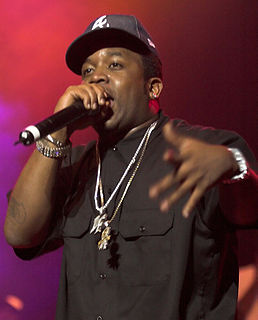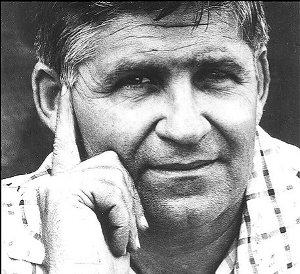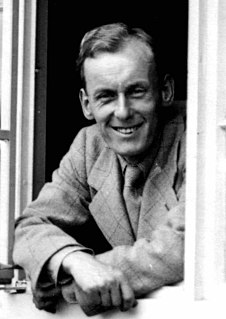A Quote by George Saunders
I think fiction isn't so good at being for or against things in general - the rhetorical argument a short story can make is only actualized by the accretion of particular details, and the specificity of these details renders whatever conclusions the story reaches invalid for wider application.
Related Quotes
The elements of a good story are most definitely details, little bitty details. That does it, especially when you're describing, when you're setting the scene and everything. It's like you're painting a picture, so details are very important. Also, the music gotta be right. The music can really set the tone for the story and let you know what the story is gonna be about, but definitely, it's the vibe in the place where you at and the detail.
Well, I don't ever leave out details, in that I don't come up with information or description which I don't then use. I only ever come up with what seems to me absolutely essential to make the story work. I'm not usually an overwriter. As I revise, it's usually a matter of adding in as much vivid details as seem necessary to make the story come clear without slowing down the momentum of the story.
I don't beat at the details, but I do always keep in mind that anything that isn't A) moving the story forward or B) enlarging my understanding of the central characters has to be sacrificed. I have huge folders of details - research - with a story like Netherlands. Only a very small part of it gets used. The old iceberg analogy again.
The Negro. The South. These are the details. The real story is the universal one of men who destroy the souls of other men (and in the process destroy themselves) for reasons neither really understands. It is the story of the persecuted, the defrauded, the feared, and detested. I could have been a Jew in Germany, a Mexican in a number of states, or a member of any 'inferior' group. Only the details would have differed. The story would be the same.
One of the things that makes characters real is details. Life offers a lot of details. You just have to choose and use them wisely. When you give them to fictional people and a fictional story, their purpose and their meaning changes, so it's best to see the version in the book as fiction entirely, wherever it started out.
I think that people have to have a story. When you tell a story, most people are not good storytellers because they think it's about them. You have to make your story, whatever story it is you're telling, their story. So you have to get good at telling a story so they can identify themselves in your story.
A lot of the book [The Yoga of Max's Discontent] is about karma and rebirth. Things like that are very attuned to my life as an Indian, but when I approach it from a perspective of a Westerner, then I have a skeptical, yet kind of novice view on it. I think that choice really liberated the story to be its own story. A lot of the conclusions that Max reaches on his own are not mine at all. So, I think that allowed the story to take on its own momentum, to have its own propulsive force.
People will ask me, "How do you approach writing books for young readers differently than for adults?" My answer is always: I don't change anything about the story itself. I'm going to tell kids the way things really were. What I don't do - and this is the only thing I do differently in writing for kids - is that I don't revel in the gory details. I allow readers to fill in the details as necessary. But I don’t force kids to have to digest something they’re not mature enough or ready for yet. If they are, they can fill in the details even better than I could, just with their imaginations.






































